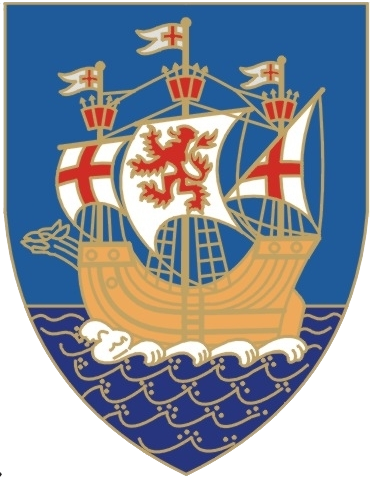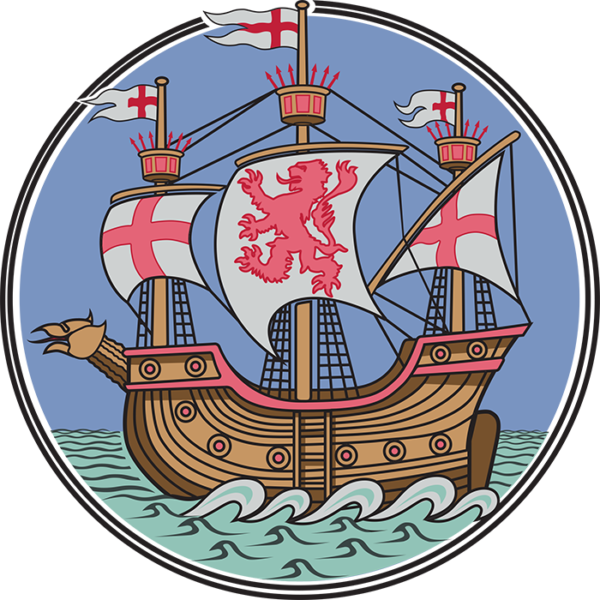Suffolk County Council remains concerned at the lack of coordination between huge energy projects which would affect coastal communities in Suffolk.
In particular, the council believes National Grid should be taking more collective responsibility of its projects, such as with the Sea Link and LionLink schemes. If left unchallenged, these projects could have a significant impact on Suffolk communities.
The council has long been calling for an offshore approach to manage as much of the energy transmission as possible.
Councillor Richard Rout, Suffolk County Council’s deputy leader and cabinet member for finance and environment
Sea Link is a proposal for a development of a new 2 gigawatt electricity connection, approximately 140km in length and predominately offshore.
LionLink aims to connect multiple offshore wind farms in the North Sea, instead of individual wind farms connecting one-by-one to the shore.
Councillor Richard Rout, Suffolk County Council’s deputy leader and cabinet member for finance and environment, said:
“The east coast of Suffolk is seeing a continual stream of proposed energy projects. It’s therefore essential that where they proceed, they are coordinated, and our communities are treated fairly.
“For example, the Sea Link and LionLink projects both propose to connect to the same converter station site near Saxmundham. Yet they do not currently share a proposed landing point or cable route to the converter station site. So as it stands, we would see two lots of disruption for essentially the same goal.
“While the Sea Link team has worked hard to enable their scheme to coordinate with other projects, their colleagues working on the Lion Link proposals have utterly failed. If these projects are to go ahead – and we do have wider concerns – then it’s essential they share a landing point and cable corridor to minimise their impacts.”
These are points which will be presented at the council’s Cabinet meeting on 12 December, as it looks to formalise its response to the current Sea Link consultation, which closes on 18 December.
The council’s response will explain that the two projects must share the landing point and cable route, and that National Grid Group must coordinate the projects of its subsidiaries, so that the projects can be consented at the same time and be fully coordinated.
Also, if agreed at the Cabinet meeting, Cllr Rout will write to both the National Grid Group and the Department for Energy Security and Net Zero, asking them to align both the Sea Link and LionLink projects. It will be requested that should the projects apply for Development Consent Orders, that the Planning Inspectorate considers both projects simultaneously, using a single panel of examiners, so there is co-ordination.
Cllr Rout continues:
“The council has long been calling for an offshore approach to manage as much of the energy transmission as possible. It’s important to note that one of the key alternatives to the Sealink project, would mean more pylons across Suffolk – something which we utterly oppose.
“I can’t see how National Grid can be a genuine leader in delivering Net Zero infrastructure unless it improves harmonisation across its projects. It would be wholly unacceptable for the technicalities of different branches of National Grid, or for the regulator Ofgem, to stand in the way of effective coordination.”
Residents and businesses still have the opportunity to have their say on the Sea Link proposals, the non-statutory consultation closes on 18 December.


